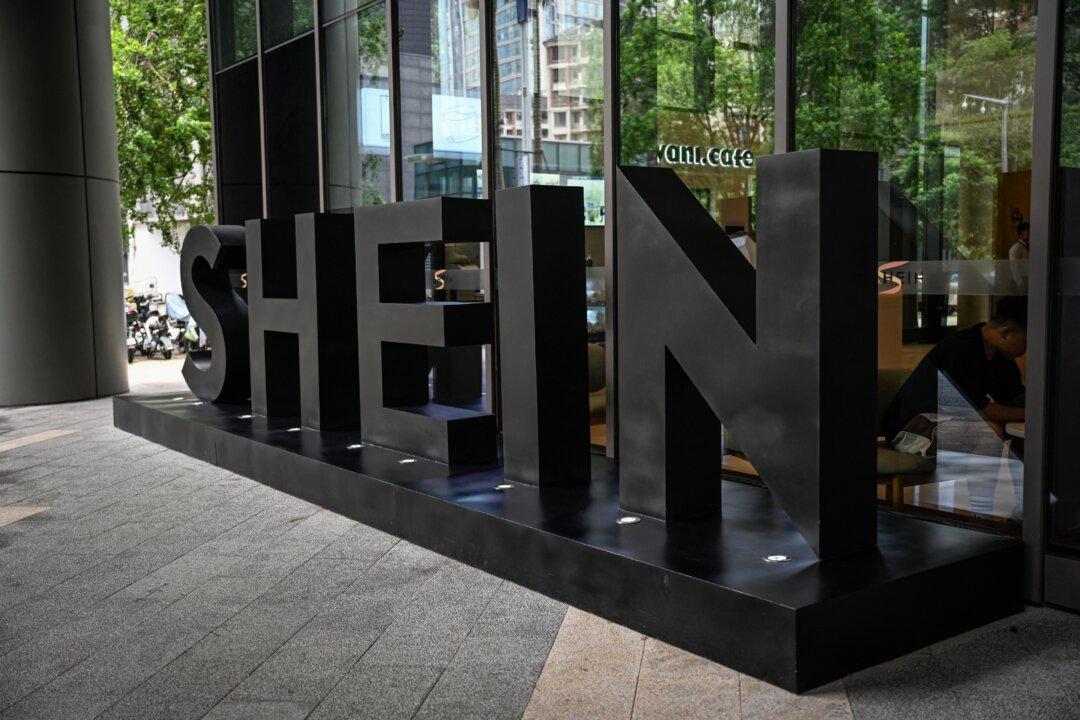A lawyer for Chinese fashion brand Shein was accused of disrespecting British members of parliament (MPs) after failing to answer questions about the origin of the company’s cotton products at a hearing on Jan. 7.
Yinan Zhu, Shein’s general counsel for Europe, told MPs on the Business and Trade Committee that some of Shein’s suppliers are in China. She repeatedly declined to say whether any of Shein’s products contain cotton from China or from the country’s Xinjiang region after being pressed several times by the committee chair, Labour MP Liam Byrne.





